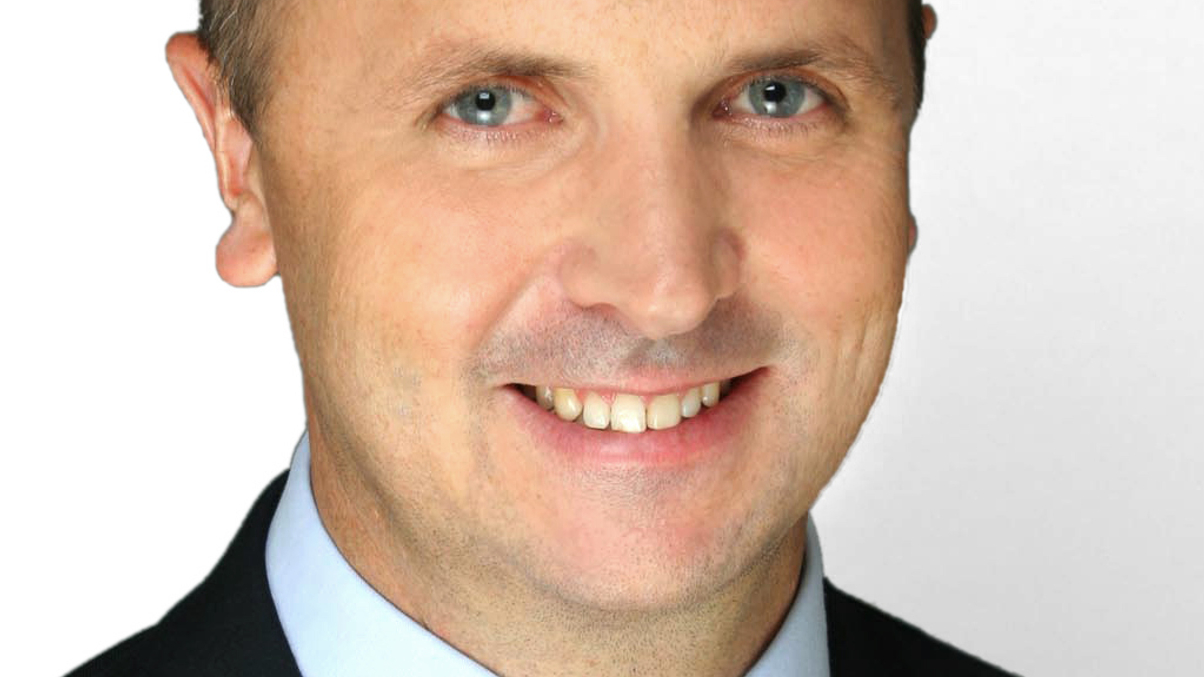Asia-Pacific real estate still has gas in the tank: LaSalle
There are several spots where opportunistic property funds can pick up good buys, says Andrew Heithersay of LaSalle Investment Management, which has just acquired an Australian real-estate funds business.

Asia has been blessed with a property bull run in the past few years, thanks in part to liquidity from financial markets and government stimulus in Asia and elsewhere, but some investors recommend being fairly selective these days.
Sign in to read on!
Registered users get 2 free articles in 30 days.
Subscribers have full unlimited access to AsianInvestor
Not signed up? New users get 2 free articles per month, plus a 7-day unlimited free trial.
¬ Haymarket Media Limited. All rights reserved.


